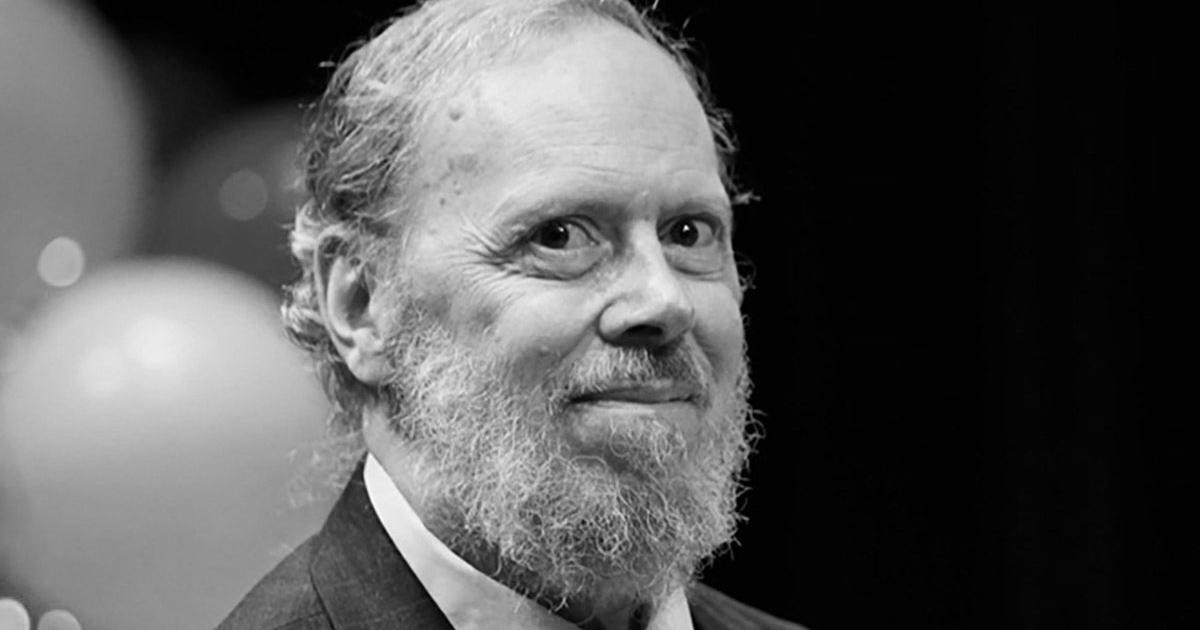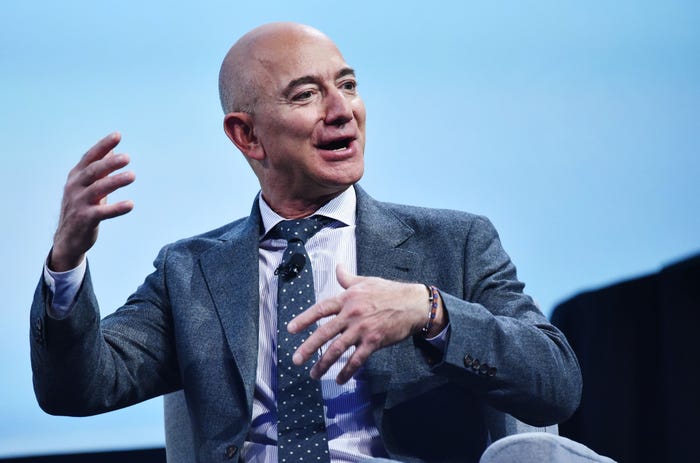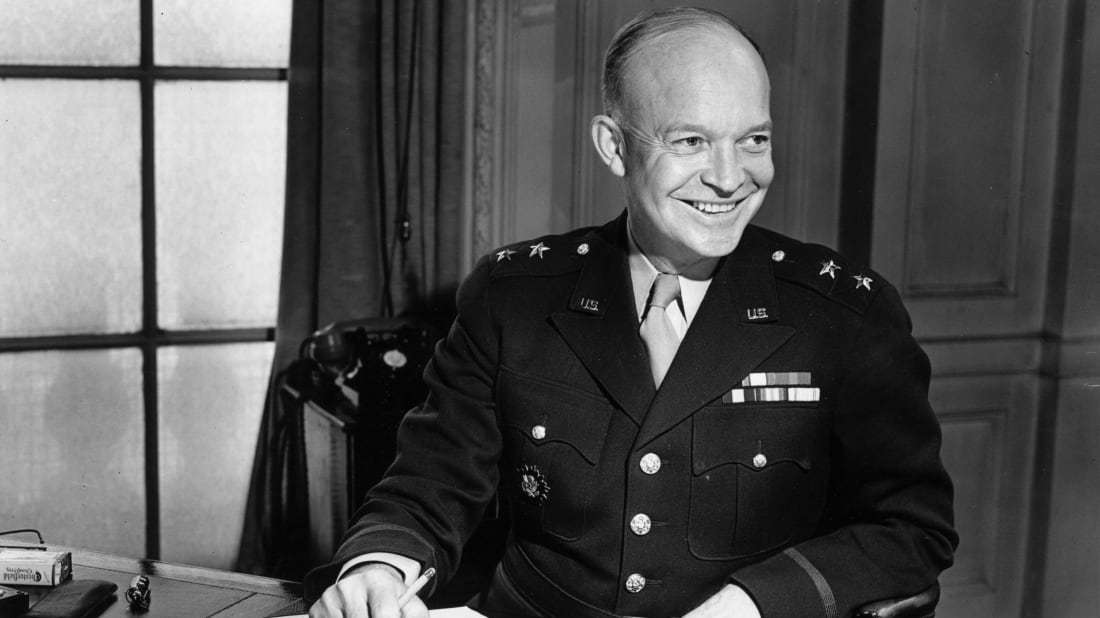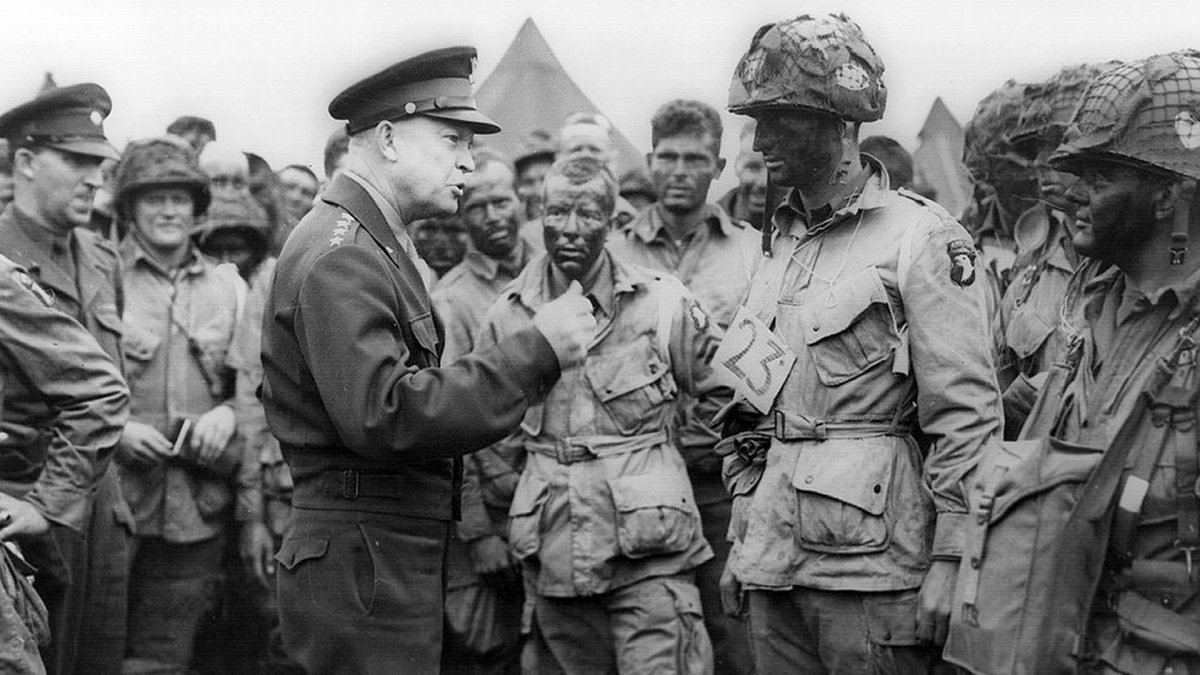
Dennis Ritchie is the most influential man you've never heard of.
A thread on the life and legacy of the incredible technology pioneer...
A thread on the life and legacy of the incredible technology pioneer...

1/ Dennis MacAlistair Ritchie was born to a middle-class family on September 9, 1941, in Bronxville, New York.
His father, Alistair, was a scientist at Bell Labs, the famous American scientific research and development company known for its track record of innovation.
His father, Alistair, was a scientist at Bell Labs, the famous American scientific research and development company known for its track record of innovation.
2/ From a young age, it was clear that Dennis Ritchie had an intrinsic aptitude for science and math.
He excelled in his studies.
Upon graduation from Summit High School in 1959, he packed his bags and moved north to attend Harvard University.
He excelled in his studies.
Upon graduation from Summit High School in 1959, he packed his bags and moved north to attend Harvard University.
3/ Dennis Ritchie had decided to study physics.
But a chance lecture he attended - on Harvard's computer system, the Univac I - changed the course of his life.
At the time, computers were not widely understood and programming was not a degree.
But Ritchie was hooked.
But a chance lecture he attended - on Harvard's computer system, the Univac I - changed the course of his life.
At the time, computers were not widely understood and programming was not a degree.
But Ritchie was hooked.

4/ He took a job at a computer lab at the nearby Massachusetts Institute of Technology, where he sunk his teeth into the world of computers.
His intellectual curiosity knew no bounds.
Ritchie dove headfirst into the new field, absorbing everything it had to offer.
His intellectual curiosity knew no bounds.
Ritchie dove headfirst into the new field, absorbing everything it had to offer.
5/ By the time he graduated from Harvard with a degree in physics, Dennis Ritchie had decided that he would spend his life working with computers.
In 1967, he joined Bell Labs to begin his life's work.
In 1967, he joined Bell Labs to begin his life's work.

6/ Ritchie was paired with Ken Thompson, a similarly young, ambitious programmer from UC Berkeley.
From the start, it was clear that the two were kindred spirits.
They began work on operating system design - creating the systems that manage a computer's basic functions.
From the start, it was clear that the two were kindred spirits.
They began work on operating system design - creating the systems that manage a computer's basic functions.

7/ Ritchie and Thompson had observed that minicomputers were the future, but believed a simpler operating system would be required to manage and streamline interactions between multiple computers.
To meet this future need, they started working on the UNIX operating system.
To meet this future need, they started working on the UNIX operating system.

8/ As the pair began building UNIX, they realized that the assembly language (low-level programming language) they were using was too rigid for their use case.
Dennis Ritchie proposed creating a new, higher-level language.
This idea, and his creation, would change the world.
Dennis Ritchie proposed creating a new, higher-level language.
This idea, and his creation, would change the world.
9/ Dennis Ritchie's new programming language - which he named "C" (it was based on Thompson's "B" language) - gave the pair what they needed.
They completed the UNIX build.
Its unique structure made possible a new level of portability not previously seen in operating systems.
They completed the UNIX build.
Its unique structure made possible a new level of portability not previously seen in operating systems.
10/ As with most transformative innovations, it took time for the full impact of the C programming language and the UNIX operating system to be felt.
Interestingly, it was the open-source, non-controlling approach to the new innovations that sparked their widespread adoption.
Interestingly, it was the open-source, non-controlling approach to the new innovations that sparked their widespread adoption.
11/ In 1973, Dennis Ritchie published a research paper on the C programming language.
Several years later, he and a colleague co-authored a book - The C Programming Language - which would become a Bible of sorts to young programmers around the world.
Several years later, he and a colleague co-authored a book - The C Programming Language - which would become a Bible of sorts to young programmers around the world.
12/ The book's power was in its elegant simplicity.
Rob Pike, Ritchie's colleague and a veritable programming legend in his own right, called it, "a model of clarity and readability...justifiably a classic."
Rob Pike, Ritchie's colleague and a veritable programming legend in his own right, called it, "a model of clarity and readability...justifiably a classic."
https://twitter.com/SahilBloom/status/1358108840198168576?s=20
13/ At the same time as C was spreading like wildfire around the programming world, Bell Labs began giving away the UNIX source code.
When the legendary technologists of the 1980s and 1990s began building the future, they were building with C and UNIX.
When the legendary technologists of the 1980s and 1990s began building the future, they were building with C and UNIX.
14/ The legacy of Ritchie's work is immense.
C and UNIX have their fingerprints all over the programming, Internet, and technology landscape.
Apple, Amazon, Google, Shopify, and Microsoft - directly or indirectly - stand on the shoulders of Dennis Ritchie.
He was a true giant.
C and UNIX have their fingerprints all over the programming, Internet, and technology landscape.
Apple, Amazon, Google, Shopify, and Microsoft - directly or indirectly - stand on the shoulders of Dennis Ritchie.
He was a true giant.

15/ Dennis Ritchie passed away at his home in October 2011.
The news was overshadowed by the death of another technology pioneer - Steve Jobs.
While Ritchie may have lacked the wealth and fame of the father of Apple, his legacy was similarly far-reaching and robust.
The news was overshadowed by the death of another technology pioneer - Steve Jobs.
While Ritchie may have lacked the wealth and fame of the father of Apple, his legacy was similarly far-reaching and robust.
16/ So the next time you pop open your browser or marvel at some fancy new technology, tip a hat to the late Dennis Ritchie, a man whose legacy knows no bounds.
17/ For more on Dennis Ritchie and his incredible life and legacy, I recommend the below:
Obituary in @nytimes: nytimes.com/2011/10/14/tec…
Article by @CadeMetz: wired.com/2011/10/theden…
Obituary in @nytimes: nytimes.com/2011/10/14/tec…
Article by @CadeMetz: wired.com/2011/10/theden…
18/ If you enjoyed this, follow me for more educational threads on business, money, finance, and economics. You can find all of my threads in the meta-thread below.
https://twitter.com/SahilBloom/status/1284583099775324161?s=20
19/ And if you are less Twitter inclined, sign up for my newsletter here, where you can find all of my old threads and receive all of my new threads directly to your inbox. sahilbloom.substack.com
• • •
Missing some Tweet in this thread? You can try to
force a refresh









